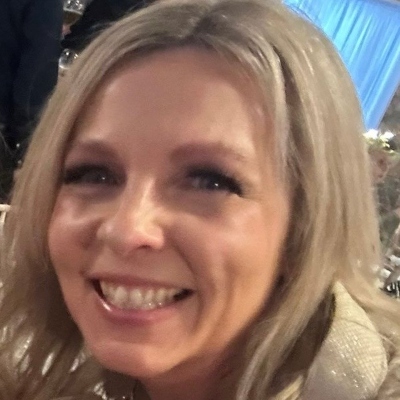RESEARCH: PROFESSIONAL DOCTORATE (DPROF) IN HEALTH AND SOCIAL CARE
 How did you get into research?
How did you get into research?
For diagnostic radiography pre-registration training, I completed BSc(hons)Diagnostic Radiography, which had a requirement to complete a research project in year 3. For MSc advanced practice medical imaging I completed a dissertation. The MSc programme included research methods modules which I enjoyed and I decided to carry on the research training further. The trust I worked at encouraged NMAHPs to undertake professional doctoral candidature rather than PhD. PhD has a high attrition rate for staff who are also working full time. The DProf runs in a way that emulates the clinical situation in that a large majority of the work was carried out in teams, with regular multi-professional discussion and support.
What do you enjoy about research?
I was a diagnostic radiography clinical tutor for many years (15) which naturally fits with having an enquiring mind. I enjoy the evidence base and learning that the research process offers.
What was the most difficult aspect of doing your DProf?
Looking back, I think that my personal circumstances were the difficult part of DProf. I had two young children, I worked full time, my husband worked shifts which made fitting in the scholarly activities associated with undertaking a DProf alongside normal family and work life difficult. The result is that I now have great time management skills.
What difference has your research training and experience made to your career?
It completely changed the direction of my career. I was a clinical tutor/advanced practitioner radiographer (emergency care). The research training changed the way that I looked at areas including healthcare strategy and policies, profession and practice, professional identity. That gave me the knowledge, skills, and interest to apply for my current role, professional officer for clinical imaging and research at the Society and College of Radiographers.
How has research changed your clinical practice?
It gave me the ability to question practice in a rationale manner but also to know how to find the evidence base and to think critically about what it was or is that we achieve in diagnostic radiography.
What has made a difference to progressing your research career?
I think the support that people offer in networks, or communities of practice, have been invaluable. I am one of the officers that sit on SoR Research Advisory Group and can see the value of people working together in teams, supporting and sharing ideas is transformative.
Where do you see your clinical academic career going over the next five years?
I no longer work in clinical practice, employed full time at the society and college of radiographers. I enjoy the role because officers have a wide portfolio of work, which for me includes research. I can support and mentor members’ research while also using those research skills for the other projects that I work on in a strategic manner.
Useful links
Contact us
The CATO Team and Radiographers Incubator work on a Hybrid model, combining days in the office with days working from home – the best way to reach us is by email.
cato@imperial.ac.uk
radresearch@imperial.ac.uk
+44 (0)20 3313 7397

